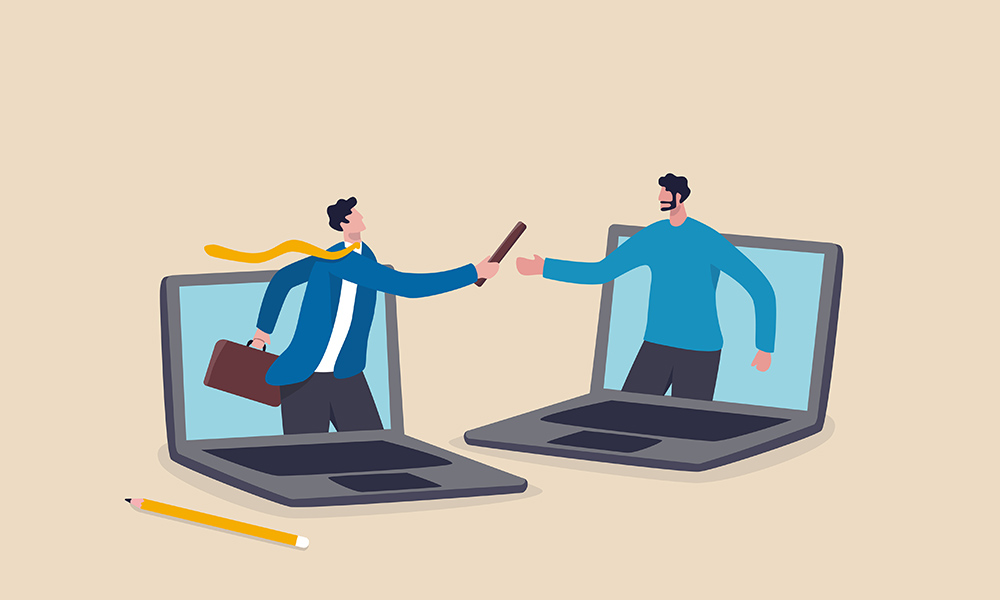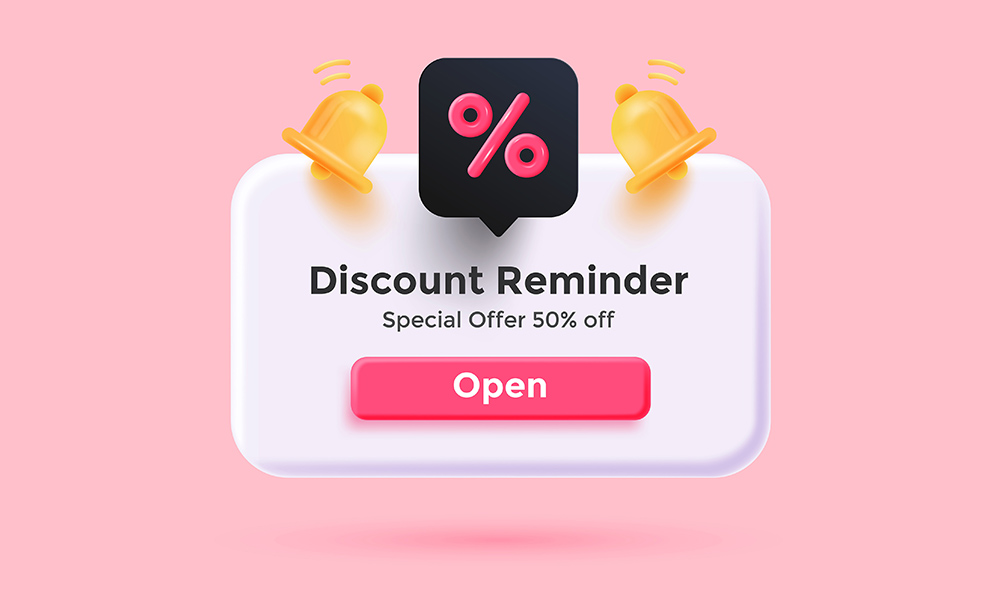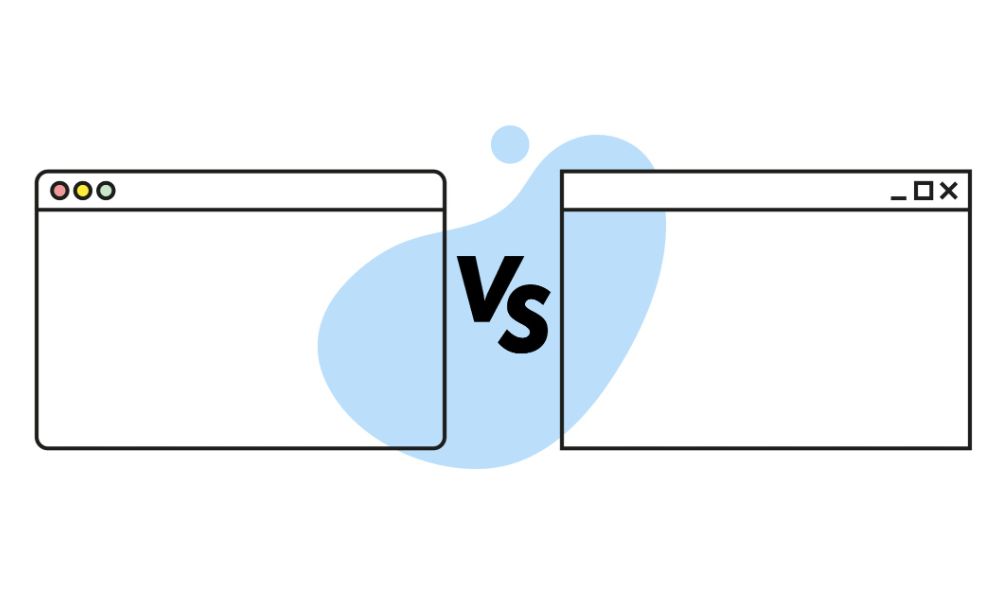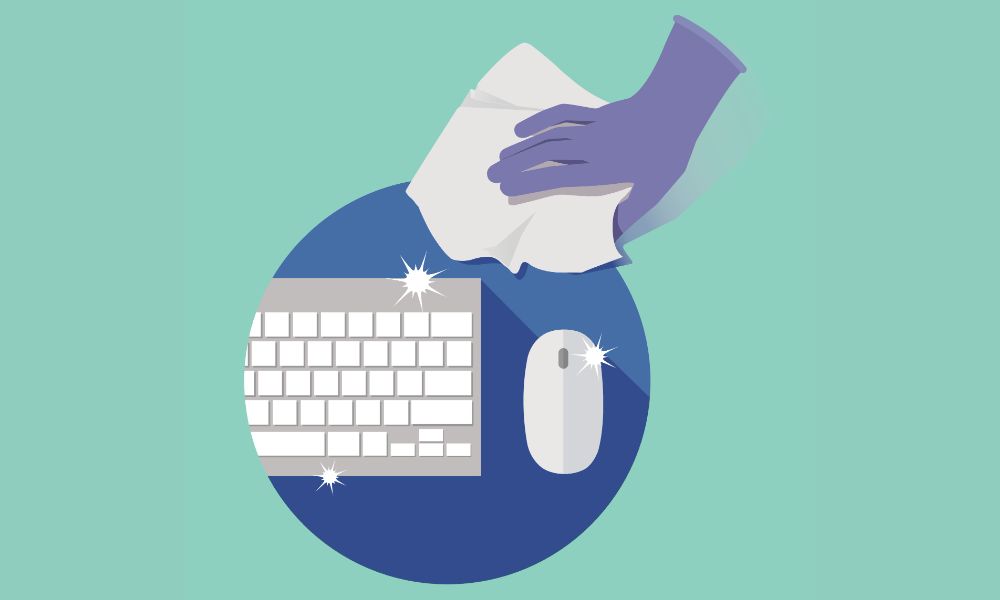Concerned About Your Privacy Online? You Need a VPN!
Online privacy has been a growing concern for many of us for a number of years now. A VPN is one of the most common and effective tools for enhancing online privacy and security.
If you’re planning on travelling anytime soon, a VPN can keep your devices protected wherever you go.
What is a VPN?
A VPN (Virtual Private Network) is a software tool that enhances your online privacy and security by adding an extra layer between you and the internet. A VPN consists of two components, the client and the VPN server.
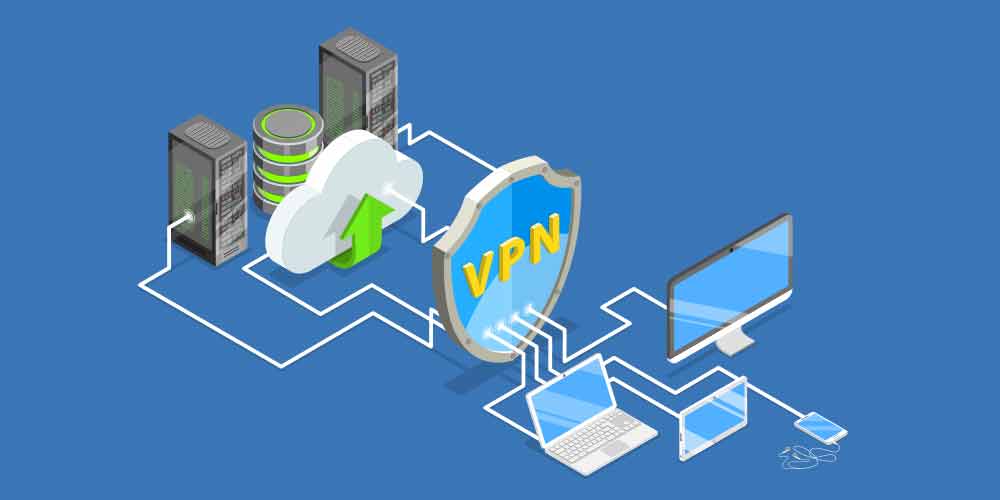
The client is a small application installed on the user’s device. This software establishes an encrypted communications tunnel between the device and the VPN server and ensures that any data that flows through this communications tunnel is encrypted before it leaves the device.
While the VPN is active, all the data sent from the device will be sent through this encrypted tunnel to the VPN server. When you access a website or online service through a VPN, your device sends an encrypted request to the VPN server, telling it what you want to do online. The VPN server then passes this request on to the internet.
The result of this interaction is encrypted and sent back to the user’s device from the VPN server, where the client will decrypt it and enable the user to view the results. In practice, the user experience is just like browsing the internet normally.
Why Do I Need a VPN When Travelling?
The cost of most VPN subscriptions is low enough that they can easily be added to most people’s existing IT setups without much difficulty. When you consider just how much difference it makes to your privacy, a VPN is well worth the asking price.
If you are someone who works remotely and is often working while you are travelling, a VPN means that you can be certain of a secure connection with your place of work, regardless of where you are or the network you are connecting through.
Corporate espionage is a very real phenomenon and the right trade information in the wrong hands can represent a serious threat to any business. Back home it might be fine to use public Wi-Fi networks to access your work remotely, but when you are travelling somewhere unfamiliar, you can never be sure.
How Do I Setup and Use a VPN?
Using a VPN really couldn’t be simpler. In fact, all you need to do is choose the right provider. Once you have settled on a provider, then they will provide you with everything you need to get started. Most VPN providers will provide you with a download link for their client, which then simply needs to be installed on the desired device. Some providers will instead provide you with a settings file and instructions detailing the setup process.
Once your VPN is set up, usage is automatic. All you need to do is ensure that the client is running on your device. Regardless of the specific device, it should be pretty easy to tell whether your VPN is active at any given time – there will be some form of system notification or indication in the taskbar.
How Do I Choose a VPN?
You should never use a free VPN service – the potential for keylogging, data snooping and other malicious behaviour is just too easy to perpetrate on a massive scale using a VPN network. The most important thing to look out for is a premium service.
Investigate any VPN providers that you are considering in as much detail as you can. You will find that most people have converged around a relatively small number of providers that have already established themselves as market leaders.
A VPN is not a catch-all solution to internet privacy and security; you will still have to follow best practices. However, a VPN can make a huge difference. Once your VPN is up and running, the protection it offers is automatic and universal.
Need help with your VPN? Whether you’re a home or business user, we can help! Contact NECL today.




